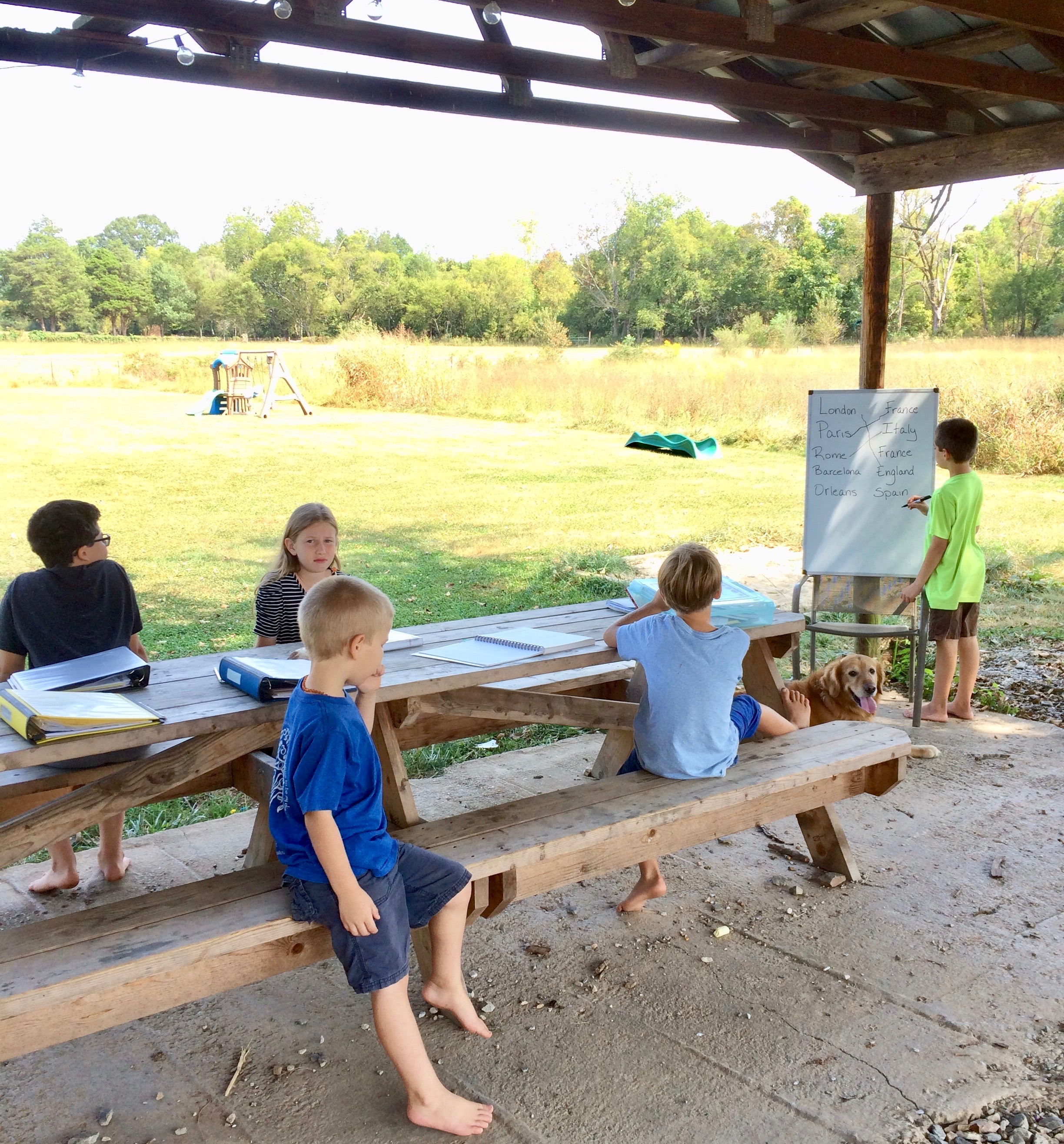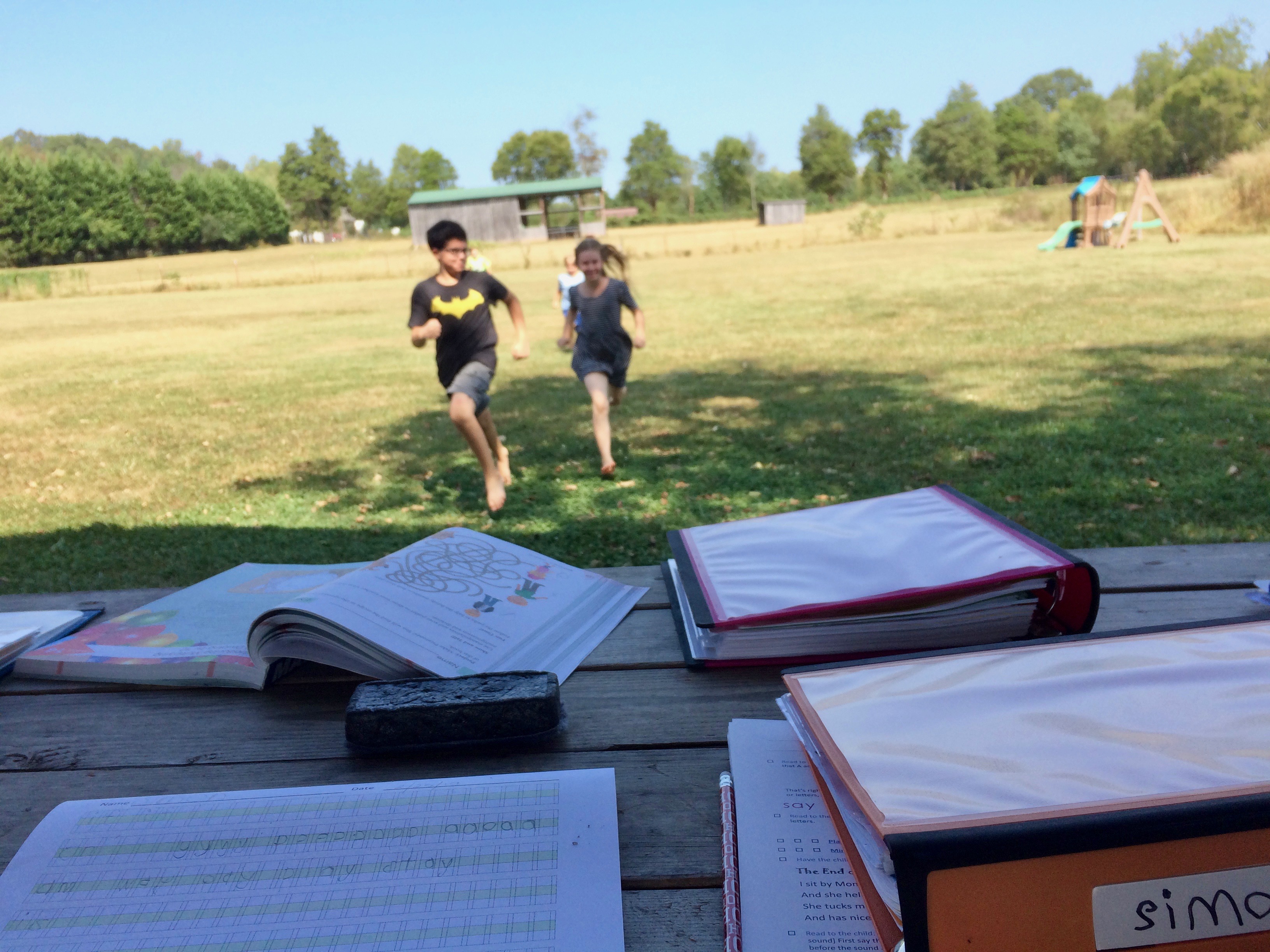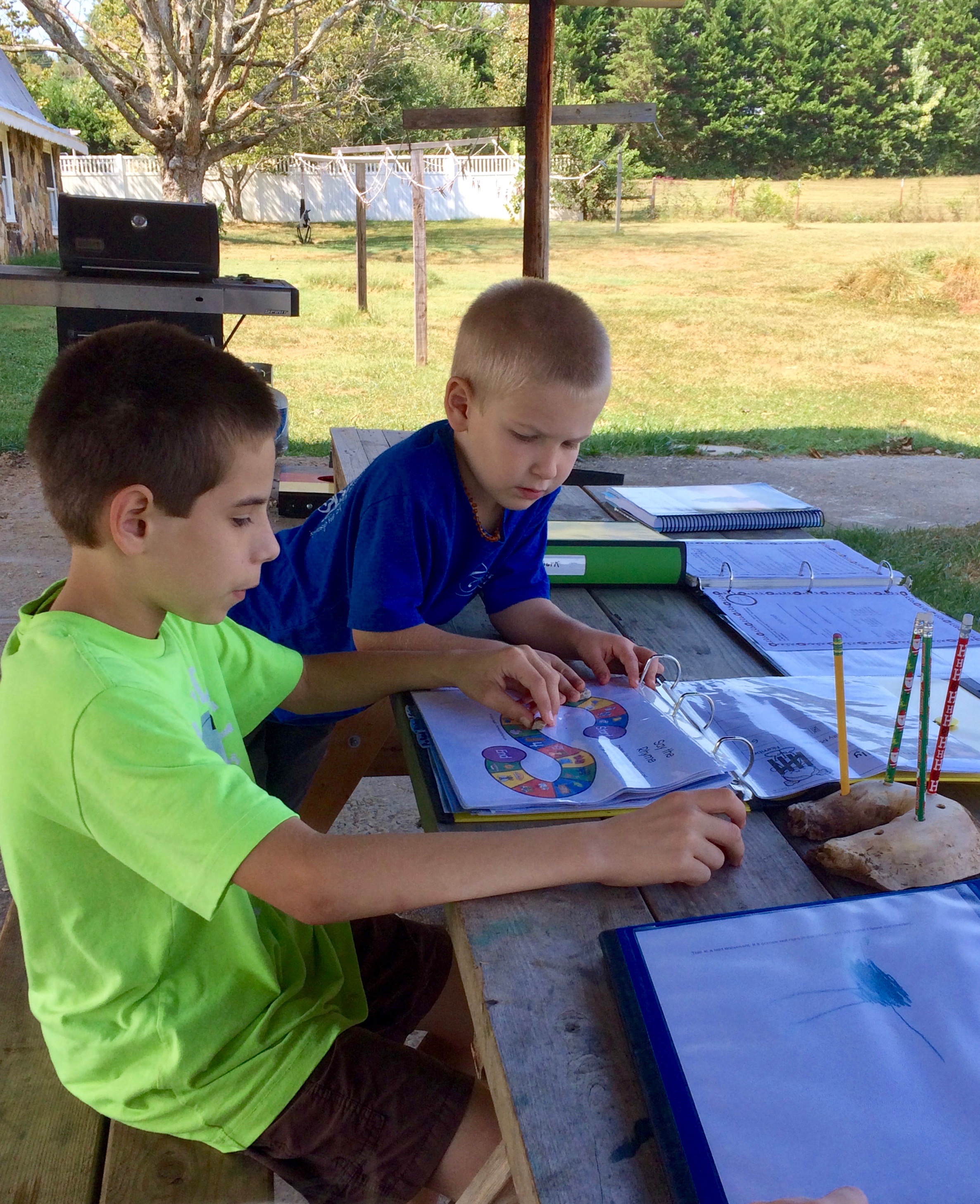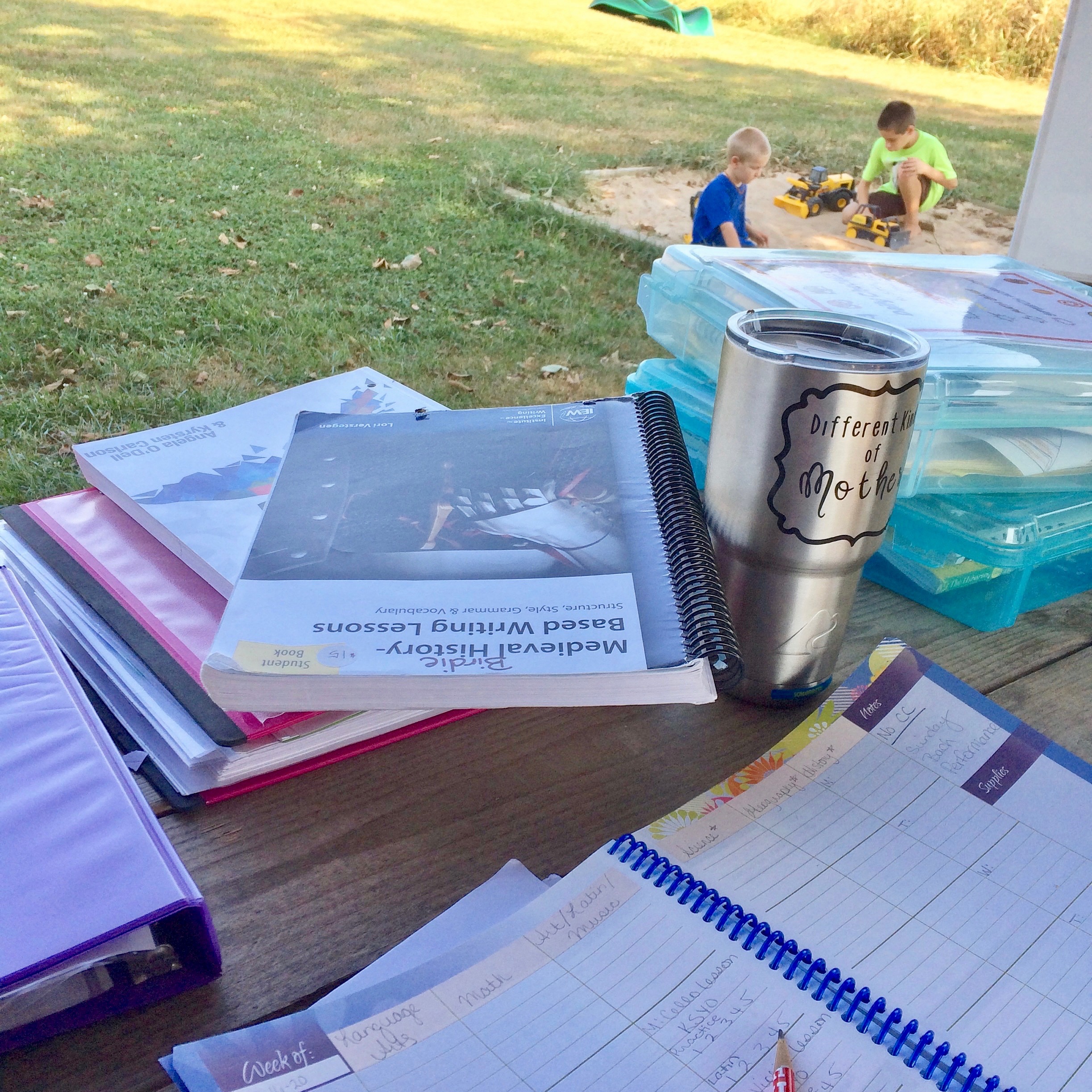One of the most convicting sermons I’ve ever heard was preached in a small country church by a pastor too young to grow a proper beard. He was the nephew of one of the congregants, called in to pinch hit for an ailing evangelist who had been on the roster for five night homecoming revival. My Mamaw and I had been coming all week even though this wasn’t her church home; she was a fan of the evangelist and, especially, his wife, who lead each evening’s singing with the bluegrassy twang that made every hymn sound just right to Mamaw’s ears. We learned of the change as we mounted the wooden steps to the church, and I was pretty sure we could still make it home in time to watch Jeopardy! I was 17 and headed to college in a handful of weeks. While I loved my Mamaw and knew I needed to be in church on Sunday, I had no great affection for revivals, their fiery pronouncements, or the forty minute altar calls issued while we stood, sweating out the chorus of “Grace That is Greater Than All Our Sin” on loop. Given my way, we would have passed on the guest speaker. God, however, had other plans.

I can’t tell you the young preacher’s name, or anything about him, really. I can barely remember what he looked like, or what personal stories he folded into his sermon that night. What I can repeat, verbatim, is this: “If you tell me every single thing you did this week, I’ll tell you what your treasure is.”
His sermon centered on Matthew 6: 19-21, and he preached from the King James Version:
Lay not up for yourselves treasures upon earth, where moth and rust doth corrupt, and where thieves break through and steal:
But lay up for yourselves treasures in heaven, where neither moth nor rust doth corrupt, and where thieves do not break through nor steal:
For where your treasure is, there will your heart be also.

He had already tackled money, and giving, and material possessions. And when he ventured to propose that how we spend our time reflects our values, it was the very first time I had ever considered it.
Up until that point, I’d honestly never considered that God expected an accounting of the hours He gifted me, let alone that my past times reflected anything beyond the way I chose to balance what had to be done with what I wanted to do. This green preacher— who had no seminary degree and probably had a tentmaking career that kept him under the hood of a car or someone’s kitchen sink during the weekday hours— completely challenged my thinking and forced me to consider how my lifestyle lined up with Scripture.

I’m betting you had that realignment at some point as well, that moment of taking stock of your days and feeling the conviction of how God’s vision for your time lines up with how you actually use it. Maybe it wasn’t proclaimed in a pulpit moment as memorable as the one in which my conviction came, but somewhere along the line, you got it. And even though it’s hard in some moments and seasons, you try to redeem the time and make it count… and make sure its invested in the things that actually matter to you.
As Christians wives and mothers, we do this with our days. But– do we do this with our homeschools? Do we put first things first, or do we fall victim to a “tyranny of the urgent” mindset that overrules what we truly value in the pursuit of simply treading the water of home education?

It’s a simple question—a huge question— and one that we struggle to answer. We’re too close to the moments that make up our days. We see the small things, and we know how, like Aesop’s fable, we want them to fit in around the large things instead of filling all the space first. But the truth is the tasks of our routine aren’t sorted neatly into piles labeled “rocks” and “sand,” and the finite hours aren’t a glass pitcher we can see getting closer to the rim with each new deposit.
The best way to assess our homeschool treasure is, I think, considering this:
If a stranger was given unrestricted access to every minute of your homeschool week, would his impression of your priorities reflect the things that matter most to you, your husband, and your goals for your family?
Would he feel the centrality of the vision you’ve cast, or would he struggle to see any at all? Would he sense that something else entirely was your stated purpose?
What would an outsider think you loved if all he could see was how you spent your time? What would he think you were trying to accomplish if he watched you for a whole week and saw where you put your energies and actions?

I’m convicted of this anew each Saturday as I sit down to refine my school plans for the week ahead. Although I charted our course over the summer and we also have a daily and weekly rhythm that feeds our homeschool, I look ahead on Saturday— tweaking some plans, adding others, omitting some altogether. Sitting there with the week spread out on paper, it’s easier to take a step back and see where our time (and by extension, our treasure… and ask myself if that’s where I want it to remain. Honestly, this ability to reflect and pray is the main reason I take a weekly planning hour! It allows me to apply the Treasure Test, which I’ve found more valuable than any other planning suggestion I’ve ever received.

Maybe you’re in a season where your treasure is nurturing a newborn baby. Maybe your treasure is pursuing college-level physics for God’s glory. Perhaps your treasure is investing in your community or helping your own littles ones learn to read. Whatever your calling for this season, whatever riches the Lord has spread at your feet, don’t trade them for something less. Give your convictions your full attention, and every bit of time you can manage. These treasures being stored up are of eternal value. God created you, your family, and your homeschool for a unique purpose in His Kingdom. Allow Him to lead you to its fulfillment, even when it seems to run counter to what you think you need to be doing in an individual moment. The fruit is, indeed, more precious than any earthly treasure you might desire!